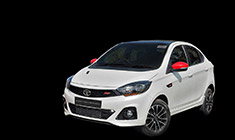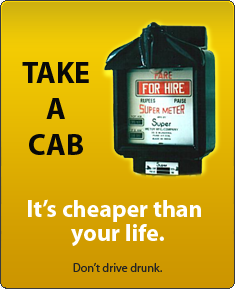News
Tesla prevented lease car buy outs; sold them at a profit
This lease program was for the mass-market Model 3.
Generally, when an individual leases a car, there is a buy-back option at the end of the lease term. However, EV maker Tesla made a policy in 2019 that leasing customers could not buy back after the lease term expired. CEO Elon Musk cited the reason that these cars would be used in Tesla’s ‘Robotaxi’ network. This lease program was for the mass-market Model 3.
"You don't have the option of buying," Chief Executive Elon Musk said at an investor gathering in California in April 2019. "We want them back."
"Next year, for sure," he added, "we'll have over 1 million robotaxis on the road."
However, none of that happened. Robotaxis never saw the light of day. Instead, Tesla found a new way to make money by flipping many of the off-lease cars to new buyers, according to four people familiar with Tesla's retail operations.
Instead of storing the used cars that would end up as depreciating assets, Tesla started adding features to them through software upgrades. It then sold the cars to new customers who would pay thousands more than lease-end buyers would have, the people said.
It was an easy way to “jack up the price” of used cars, said one person, who asked not to be identified.
Reuters, however, says that this practice is not illegal. It just denied lessees the industry-standard option of buying their vehicles and misled them for years about why.
Typically, throughout the industry, lease contracts allow customers to pay monthly to drive a new car for a specified period of time, often between two and four years. The lessee doesn't own the vehicle and must return it to the dealer when the lease expires. In almost all cases, customers can choose to buy the vehicle at lease-end or earlier.
As far as the upgrades to these off-lease vehicles are concerned, people familiar with Tesla's retail operations said that the company often added the "Full Self-Driving" software, which it has sold separately for up to $15,000 and now sells for $8,000. It also added "acceleration boost," an update that can make the car speed up faster, which it sells separately for $2,000.
Source: Reuters





.jpg)












